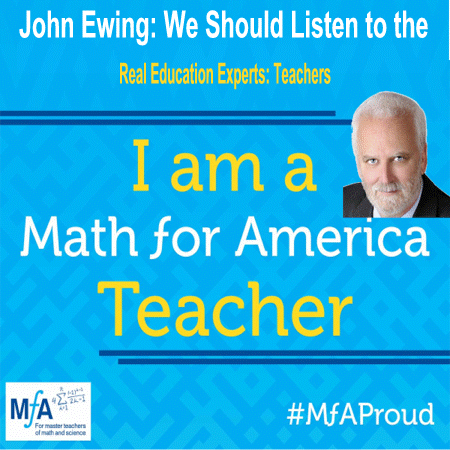Joint Statement of Education and Civil Rights Organizations Concerning Equitable Education During the COVID-19 Pandemic School Closures | Schott Foundation for Public Education
Joint Statement of Education and Civil Rights Organizations Concerning Equitable Education During the COVID-19 Pandemic School Closures
April 27, 2020
The undersigned organizations representing school administrators, teachers, parents and education and civil rights advocates are committed to equitable educational opportunities for our nation’s students. Understandably, as the COVID-19 pandemic extended to the United States, federal, state, tribal, and local governments have closed school buildings to prevent the spread of the novel virus. School closures have impacted 55 million K-12 students nationwide. Although school buildings are closed, education and support services have continued, as “it is doubtful that any child may reasonably be expected to succeed in life if he is denied the opportunity of an education.” Brown v. Board of Education, 347 U.S. 483, 493 (1954).
Unsurprisingly, the transition to educating students in their homes or shelters has exposed and exacerbated inequities in education, food security, and housing that have long existed. With limited federal leadership and despite heroic efforts by many administrators, educators, and school staff, schools as well as state and local educational agencies are struggling to provide instruction and support to the nation’s students in an effective and equitable manner – regardless of students’ race, ethnicity, national origin, English proficiency, disability, housing status or socioeconomic status. Most public and tribal schools have been closed for weeks and many will remain closed through the end of the school year, resulting in significantly disrupted education for millions of students. It is, therefore, imperative that schools and state and local educational agencies have guidance to ensure that they meet the mandate to provide equitable education opportunities and critical public resources to all children—including support for their social and emotional health and well-being.
This statement provides promising practices and recommendations to school administrators, teachers, parents, education advocates and policymakers who are working hard to educate and care for America’s students in this unprecedented time of crisis. It focuses on five important areas requiring attention to ensure student success - distance learning and digital access, delivery of school meals, instruction for students with disabilities, instruction for students experiencing homelessness, and combatting discrimination based on race and national origin, including for English learners.
We thank school administrators, teachers, and other school staff for all they have done to educate the nation’s students during this global pandemic. It is our hope that school districts will adopt the promising examples and suggestions provided below and join our commitment to ensuring that: all students receive meaningful educational instruction for the remainder of the academic year through effective, accessible distance learning; state and local educational agencies make effective efforts to provide free meals to families; and educational agencies and schools are prepared to provide summer enrichment and social emotional support to students where practicable.
Distance learning and digital access
As states closed schools to prevent the spread of the COVID-19 virus, many state and local educational agencies have confronted the inequities of the digital divide with large numbers of students unable to participate in online learning due to a lack of access to broadband internet service or computers or limited English proficiency. To bridge the digital divide and provide alternatives to online learning, several school districts have taken creative steps as highlighted below.
- Austin Independent School District (Austin ISD) has retrofitted its buses with Wi-Fi capabilities up to 200 feet. These buses will be strategically positioned at apartments and neighborhoods identified as having the highest needs between 8:00 am and 2:00 pm. Austin ISD will also deliver Chromebooks as well as Wi-Fi hotspots to students in grades 3-7 in need of one or both. For students in grades 8-12, Austin ISD has an existing program that provides one device per student.
- California’s Department of Education issued guidance and resources for school districts in the state, including guaranteeing funding and requiring all school districts statewide to provide distance learning (either online or through hard copy packets).
- Binghamton University Community Schools, which include 10 school districts, including in rural areas, are providing for basic needs and technology, Chromebooks and Wi-Fi for students and families. They also held virtual cafes for grandparents, who are primary guardians for students, to address remote learning questions. The schools distribute weekly newsletters with information for families and they have used social media texting and telephone calls to communicate with families and students. Some community school directors conduct home visits (practicing safe social distancing) to families they have been unable to contact. The schools have a virtual drop-in for high school students who can ask questions for their families and receive support.
 1. After it became clear that state-sponsored prayer was no longer a realistic option in public education, states began experimenting with the idea of a “moment of silence” during which students could pray (although no one had ever suggested that they couldn’t).
1. After it became clear that state-sponsored prayer was no longer a realistic option in public education, states began experimenting with the idea of a “moment of silence” during which students could pray (although no one had ever suggested that they couldn’t).













